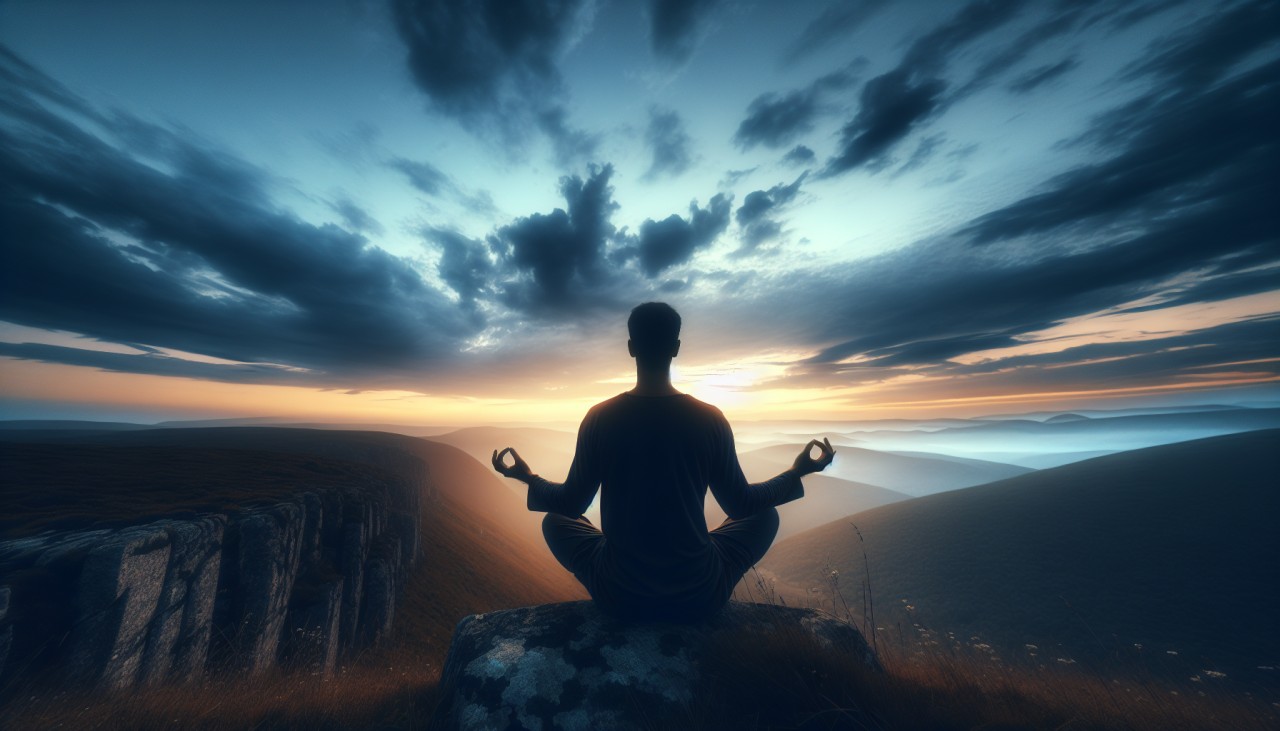"The Mastery of Self" by Don Miguel Ruiz Jr. serves as a transformative guide to personal freedom, rooted in the ancient Toltec teachings of self-mastery. Ruiz Jr. builds upon his father's foundational work, "The Four Agreements," by delving deeper into the concept of self-mastery. He introduces the idea of the "external dream," a metaphor for the perceptions, beliefs, and values we adopt from our family, culture, and society. These inherited beliefs often conflict with our true selves, leading to internal chaos. By recognizing and detaching from these imposed narratives, individuals can begin to live authentically. The book emphasizes that true freedom originates from within, teaching readers to master their inner world—thoughts, emotions, and reactions—to create peace regardless of external circumstances. rebeccacollinsworth.com
A central theme in Ruiz Jr.'s work is the practice of detaching from various attachments, not just material possessions but also ideas, identities, and beliefs we cling to for security. He argues that true freedom comes from releasing these attachments and learning to live without the need for approval, validation, or control. This resonates deeply in both personal and professional contexts, as the attachments we hold can prevent us from living authentically. By letting go, we free ourselves to create a life that aligns with our true desires, rather than one shaped by external expectations. The book also emphasizes the importance of self-love, suggesting that cultivating unconditional love for oneself allows individuals to stop seeking approval from others and start living in alignment with their own truth. This self-love enables individuals to face their shadows without judgment and gives them the strength to detach from narratives that no longer serve them. Through self-love, readers find the courage to break free from old patterns and create a life that reflects their deepest values. rebeccacollinsworth.com
Key Takeaways
- Recognize and detach from societal conditioning to live authentically.
- Release attachments to material possessions, beliefs, and identities.
- Cultivate self-love to stop seeking external approval.
- Face personal challenges without judgment to achieve inner peace.
- Break free from old patterns to align with your true desires.
Example
To apply the teachings from "The Mastery of Self" in daily life, consider starting a mindfulness meditation practice. Dedicate 5-10 minutes each morning to observe your thoughts and emotions without judgment. This practice can help you become more aware of the "external dream" and recognize attachments that may be influencing your behavior. Additionally, journaling can be a powerful tool to identify and release limiting beliefs. Write about moments when you feel triggered or reactive, and explore the underlying beliefs that may be contributing to these feelings. By consistently practicing mindfulness and self-reflection, you can cultivate greater self-awareness and begin to live more authentically. bookstothrive.com
